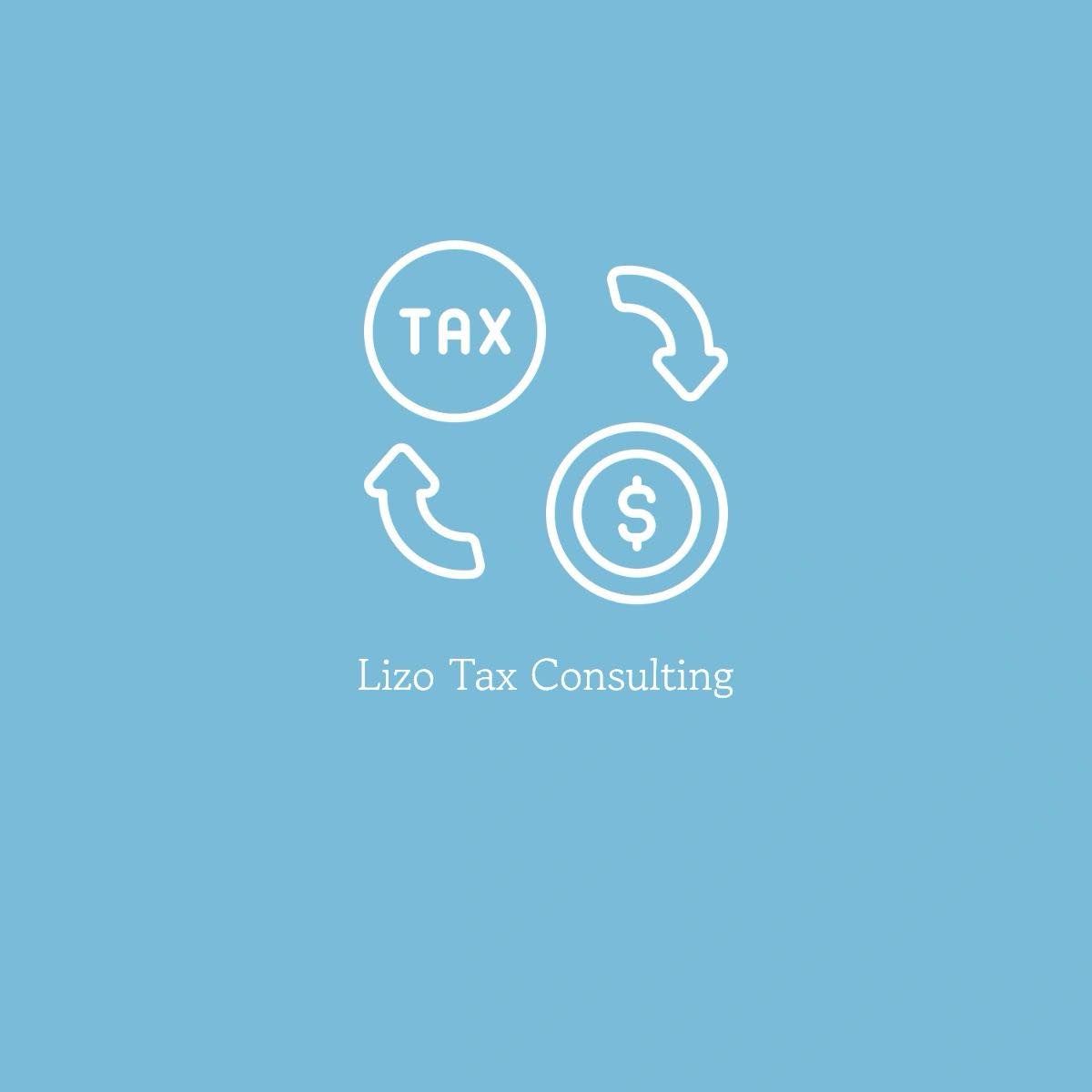State Tax Considerations for Expats
Navigate US state tax obligations while living abroad, including residency rules and filing requirements.

Understanding State Tax Obligations
While federal tax obligations for US expats are clear, state tax requirements can be complex and vary significantly by state. Even when living abroad, you may still have state tax obligations based on your domicile, residency status, or income sources.
State Residency Tests
Domicile vs. Residency
Domicile
Your permanent legal residence - the place you intend to return to and consider your true home.
Residency
Determined by physical presence, typically based on days spent in the state during the tax year.
Common Residency Tests
- 183-Day Rule: Most states consider you a resident if present for 183+ days
- Domicile Test: Resident if the state is your domicile, regardless of days present
- Permanent Place of Abode: Having a home available year-round may trigger residency
- Safe Harbor Rules: Some states provide safe harbors for temporary absences
No-Income-Tax States
States with No Personal Income Tax
- • Alaska
- • Florida
- • Nevada
- • New Hampshire*
- • South Dakota
- • Tennessee*
- • Texas
- • Washington
- • Wyoming
*New Hampshire and Tennessee tax investment income only
High-Tax States to Consider Leaving
States with Aggressive Tax Collection
- • California: Worldwide income tax, strict domicile rules
- • New York: Statutory residency test, high rates
- • New Jersey: Aggressive audit practices
- • Massachusetts: Complex residency rules
- • Connecticut: High rates, domicile-based taxation
Establishing Non-Residency
Steps to Break State Tax Residency
- Change Voter Registration: Register in new state or abroad
- Obtain New Driver's License: Get license in new state or foreign license
- Register Vehicles: Register cars in new state
- Change Bank Accounts: Move accounts to new state or foreign banks
- File Non-Resident Returns: File part-year resident return for departure year
- Establish New Domicile: Create ties to new location
Severing Financial Ties
- Close local bank accounts and investment accounts
- Terminate local business registrations
- Cancel gym memberships and club memberships
- Change address for all financial institutions
- Redirect mail to new address
Safe Harbor Provisions
New York's Temporary Absence Safe Harbor
New York provides relief for temporary absences if you:
- Don't maintain a permanent place of abode in NY
- Maintain a permanent place of abode elsewhere
- Spend 30 days or fewer in NY during the tax year
California's Temporary Absence Rules
California may consider you a non-resident during temporary absences if:
- The absence is for a limited and definite period
- You have a definite plan to return
- You don't establish domicile elsewhere
Warning: California's safe harbor is very restrictive and difficult to qualify for. Most long-term expats should establish domicile elsewhere.
State-Specific Considerations
California
Key Challenges:
- • Presumes domicile continues until clearly abandoned
- • Taxes worldwide income of residents
- • Strict audit procedures for high earners
- • Limited safe harbor for temporary absences
Departure Strategy:
- • Clearly establish intent to abandon California domicile
- • Establish new domicile before departure
- • Minimize California contacts during absence
- • Keep detailed records of departure activities
New York
Residency Tests:
- • Domicile test (permanent home)
- • Statutory residency (183+ days + permanent place of abode)
Planning Opportunities:
- • Establish domicile in no-tax state before moving abroad
- • Use temporary absence safe harbor if qualifying
- • Consider trust planning for New York source income
Income Sourcing Rules
Common State Source Income
- Rental Income: Sourced to state where property is located
- Business Income: Sourced based on where business activities occur
- Investment Income: Often sourced to state of domicile
- Retirement Distributions: May be sourced to state of employment
- Stock Options: Complex sourcing rules based on vesting and exercise
Multi-State Tax Planning
Choosing a New Domicile State
Tax-Favorable States
- • Texas - No income tax, business-friendly
- • Florida - No income tax, no estate tax
- • Nevada - No income tax, asset protection
- • Wyoming - No income tax, privacy laws
- • South Dakota - No income tax, trust-friendly
Considerations
- • Family and business connections
- • Property ownership requirements
- • Estate and inheritance tax implications
- • Future retirement plans
- • Professional licensing requirements
Record Keeping for State Tax Purposes
Essential Documentation
- Travel logs showing days in each state
- Hotel and travel receipts
- Lease agreements or property deeds
- Voter registration and driver's license changes
- Bank account statements showing new addresses
- Employment records and contracts
- Medical and professional service records
Common State Tax Mistakes
Not filing part-year resident returns
Must file final returns in departure year to establish non-residency
Maintaining too many ties to old state
Keeping bank accounts, club memberships, or business activities can maintain residency
Not establishing new domicile properly
Simply living abroad doesn't automatically change your US domicile
Ignoring state source income obligations
May still owe taxes on income sourced to former state of residence
State Tax Audits
Audit Triggers
- Large change in reported income between years
- Claiming non-residency while maintaining significant ties
- High-income taxpayers claiming new residency
- Inconsistent information between federal and state returns
Audit Defense Strategies
- Maintain contemporaneous records of departure activities
- Document intent to establish new domicile
- Keep records showing minimal contacts with former state
- Be prepared to demonstrate ties to new domicile
Planning Before Departure
Pre-Departure Checklist
- Consult with tax professional about state tax implications
- Choose new domicile state and establish connections
- Plan timing of departure to minimize state tax exposure
- Consider accelerating or deferring income as appropriate
- Review and restructure investments and business interests
- Plan for ongoing state source income obligations
Need State Tax Planning Help?
State tax planning for expats requires careful strategy. Get expert guidance on minimizing your state tax obligations.
